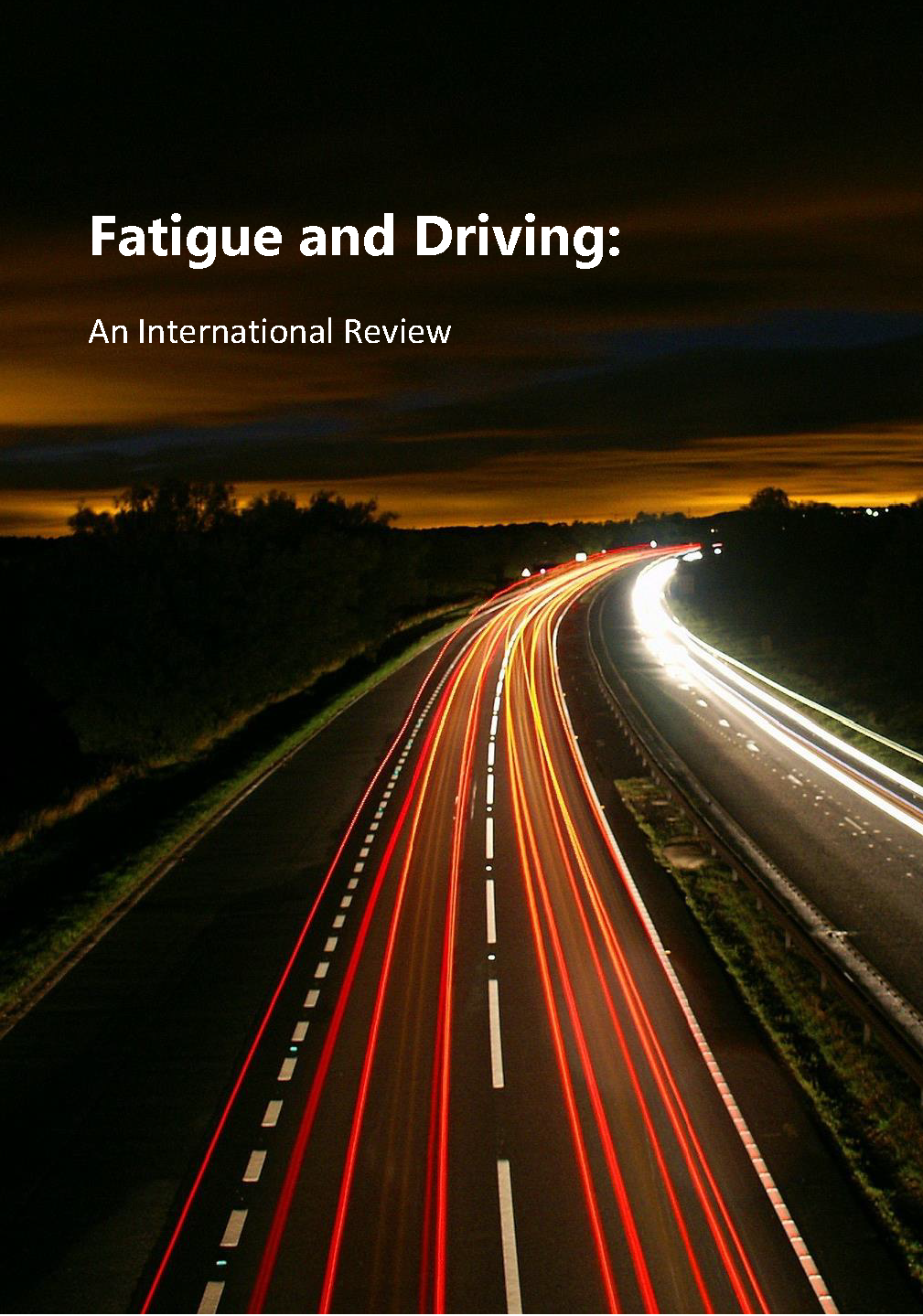
Fatigued driving
Fatigue is a major cause of road crashes, related injuries, and fatalities.
It contributes to about 20 to 30 per cent of all car crashes in Australia.
Fatigue can reduce attentiveness, slow a driver’s reaction times and affect judgement – all of which can result in catastrophic consequences.
Research has shown after 17-19 hours without sleep, driver performance is equivalent to or worse than having a blood alcohol concentration level of 0.05 per cent. If a driver falls asleep for just four seconds while travelling at 100 km/h, the car will have travelled 111 metres without their control.
Fatigue can affect drivers of all types and levels, and fatigue-related crashes can happen on any trip – no matter how long or short the distance or what the time of day.
The AAA Road Safety Research Program is working to better understand fatigued driving and develop effective ways to address this problem.
Fatigued driving research literature review
To support its research projects, the RSRP commissioned a review of fatigued driving literature and policy.
The report details what is known about the extent of fatigued driving; factors contributing to fatigued driving; which legal and policy frameworks are effective; and effective preventative measures. It also includes a summary of key researchers and research organisations in Australia and comparable countries working in this field.



